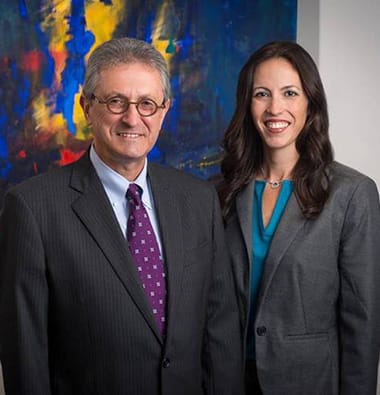Ask a Columbus resident to name their biggest asset and it’s likely they’ll say a home, even if they’re still paying a mortgage. Homeowners who claim properties as assets may bank on the future, when they hope to own a home outright. The single largest asset for many people is frequently a retirement account which, for the most part, is accessible only under certain conditions.
Retirement accounts are marital assets, according to the Ohio Supreme Court, and are subject to property division during divorce. The asset may not be vested completely at the time a divorce takes place. Until recently, the only divisible benefits state courts recognized were those guaranteed by maturity.
Three lower courts rejected a woman’s claim that she had a right to her ex-spouse’s unvested military retirement benefits. The state high court reversed all the decisions. In a tight 4-3 vote, the court ruled the former wife was eligible to receive pay for the pension’s unvested portion that accumulated during the couple’s 13-year marriage.
The soldier’s pension plan will not be vested for another four years, provided he passes the 20-year service mark. The couple’s marriage ended in 2008. Justices were divided strongly on whether unvested benefits qualified as marital property, since their value was dependent upon future circumstances.
The majority felt unvested benefits had worth and, therefore, represented marital assets. Most members of the high court said Ohio divorce laws didn’t differentiate between vested and unvested benefits. Dissenting justices noted marital assets were defined as “currently owned” property and unvested benefits only had value, if and when they reached maturity.
The case now moves back to a local level to work out the details of the ex-wife’s share of the future funds. The complex process of retirement benefits division can be eased with an attorney’s help. In some cases, additional advice from a financial adviser is recommended.
Source: The Daily Standard, “Local case sets precedent for split of military pension” Shelley Grieshop, Mar. 29, 2014



